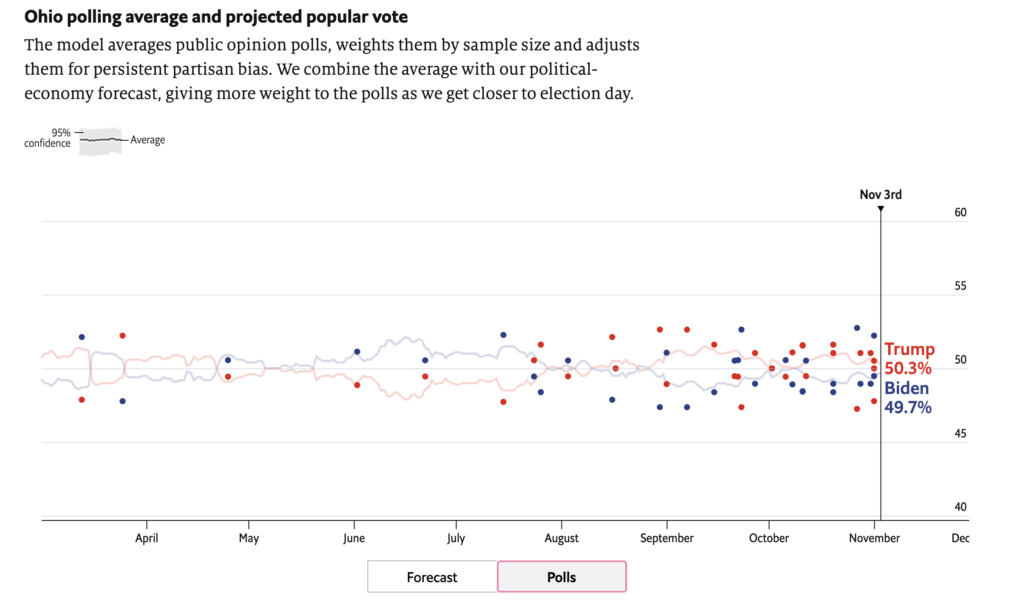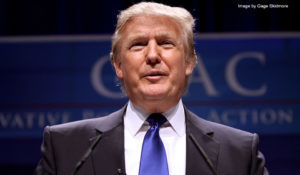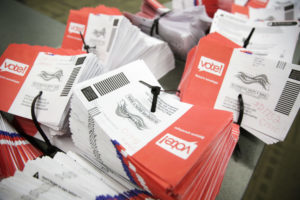Video by Thea Gribilas
Multimedia by Edward Djan
By DeAndra Asapokhai
More conversations sparked about polling inaccuracy in the U.S. 2020 presidential elections as the margin of victory was much lower than predicted.
With some 2016 pre-election polls proving inaccurate, an unexpected low margin of victory further created room for imprecision in this year’s post-election polls, including the numerous legal claims filed against Joe Biden’s win by Donald Trump’s re-election campaign.
Story map of states where Trump’s campaign has filed legal challenges. (Edward Djan/RSJ)
In a final pre-election forecast by The Economist, it was predicted that Biden was ‘very likely’ to win in the states of Pennsylvania, Wisconsin, and Michigan, yet post-election results showed less than one per cent for the average margins with all three states combined, according to an article by Angus Reid, chairman of the Angus Reid Institute, a non-profit research organization.

“Pick a race in a battleground state this cycle and you’ll find massive discrepancies among polling organizations. In Michigan, which Biden won by about two points, Ipsos had Biden ahead by ten per cent while Trafalgar Group had trump winning by close to three per cent,” Reid wrote.
Polling inaccuracy has been linked with inaccurate random samples being used in concluding election polls.
Research has also shown that there is systemic underrepresentation of some types of conservatives or Republicans in election polls.
“Trump voters think that their opinions will be manipulated. They think that they will be ridiculed. And so, when a polling outlet either calls them or sends them an email to cooperate, a good number of them refuse to do so,” said Republican consultant and pollster, Frank Luntz in an interview with the National Public Radio organization.
This is of concern to Americans as it has implications for other surveys that measure all kinds of behaviors and matters in the country.




Leave a Reply